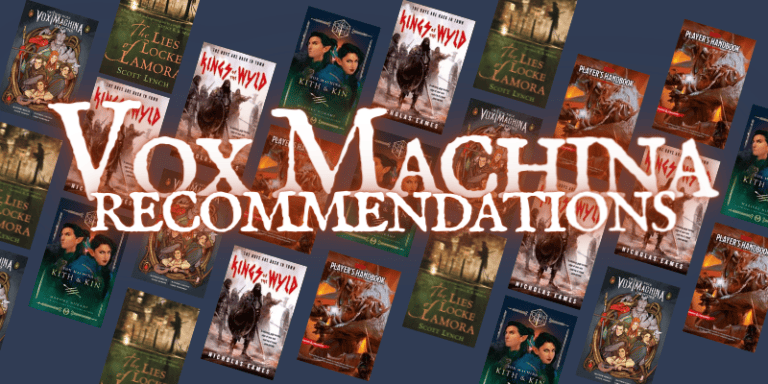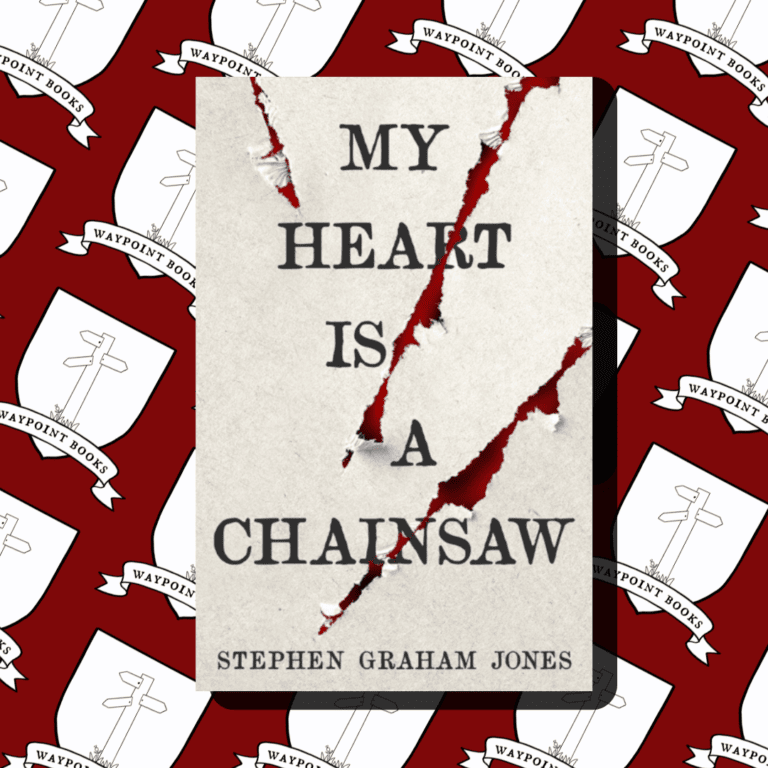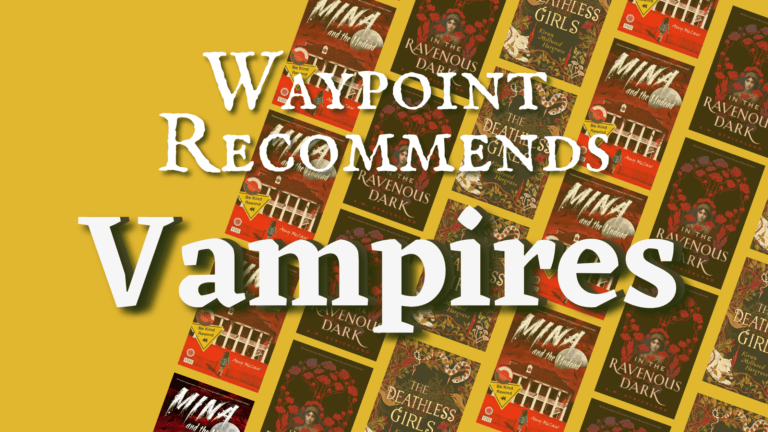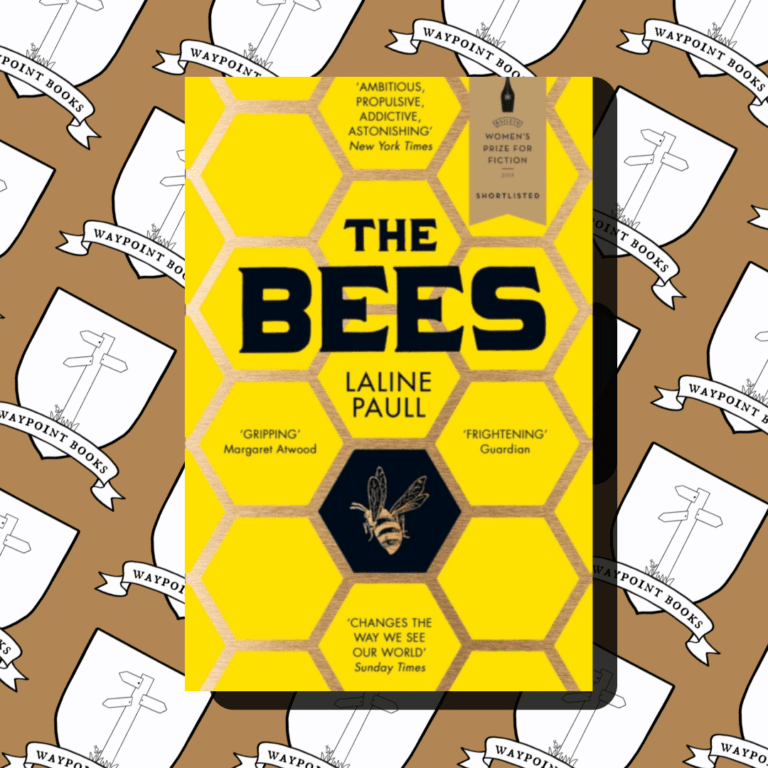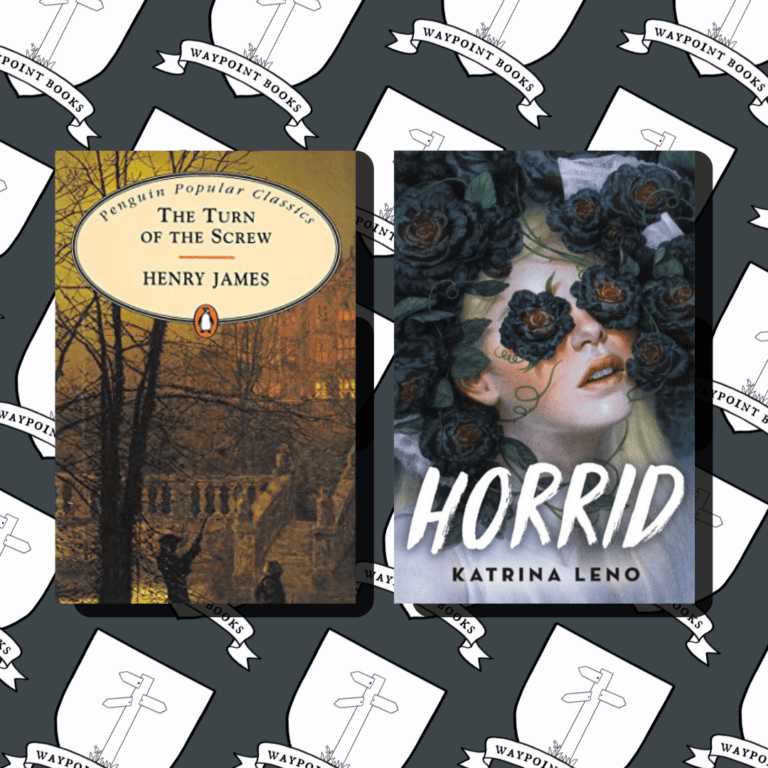Firekeeper’s Daughter by Angeline Boulley
Synopsis:
As a biracial, unenrolled tribal member and the product of a scandal, eighteen-year-old Daunis Fontaine has never quite fit in, both in her hometown and on the nearby Ojibwe reservation. Daunis dreams of studying medicine, but when her family is struck by tragedy, she puts her future on hold to care for her fragile mother.
The only bright spot is meeting Jamie, the charming new recruit on her brother Levi’s hockey team. Yet even as Daunis falls for Jamie, certain details don’t add up and she senses the dashing hockey star is hiding something. Everything comes to light when Daunis witnesses a shocking murder, thrusting her into the heart of a criminal investigation.
Reluctantly, Daunis agrees to go undercover, but secretly pursues her own investigation, tracking down the criminals with her knowledge of chemistry and traditional medicine. But the deceptions—and deaths—keep piling up and soon the threat strikes too close to home.
Now, Daunis must learn what it means to be a strong Anishinaabe kwe (Ojibwe woman) and how far she’ll go to protect her community, even if it tears apart the only world she’s ever known.
Trigger Warnings:
Violence, Misogyny/ Violence against Women, Sexual Abuse, Murder, Blood, Drug Abuse.
“My girl, some boats are for the river and some are for the ocean.”
Angeline Boulley, Firekeeper’s Daughter
What Boulley has created is a very powerful, poignant and well-crafted narrative that bridges two cultures in their joint struggle to protect their community and uphold the law. And I’d like to start this review by touching on the closed practices explored within this novel. In the author’s messages at the end, she comments on the lack of Indigenous narratives in contemporary settings, and how few stories are presented by Own Voices authors. I wholeheartedly endorse Boulley’s request for more Own Voices narratives from Native and Indigenous peoples; I think it’s important for two reasons. The first is for open representation; everyone should have a narrative in which they can see a reflection of themselves. And the second is for an exploration of closed practices without cultural appropriation, fetishization or exploitation. I hadn’t heard the term ‘closed practice’ until last month, so for those who were unfamiliar – it’s a term that means a practice with great cultural significance, which is closed to those outside the inherited or initiated groups. For example, within Firekeeper’s Daughter, we see the use of semaa, we learn about the Grandfathers and traditions embedded in Chippewa culture, and the inherited trauma from colonisation. It’s a testament to Boulley’s writing that Daunis is a whole person; not a list of stereotypes from either side of her family tree, and whilst I cannot claim an understanding beyond what I’ve read in this book (or to the accuracy) it was an easy practice in empathy to see how important these cultural practices are to Daunis and her family. When Daunis is left out of the darker traditions or discouraged because she’s biracial, it’s a reminder to the audience of the sanctity of these practices. I loved Daunis all the more for her respect and understanding towards the elder members of her community in these moments. It’s a lesson in empathy I encourage everyone to explore.

Speaking of empathy; obviously, this book is a mystery thriller, and Daunis is a relentless investigator with only the scientific training she’s had from her uncle and the desperate need to solve the murder of her best friend. I love a proactive detective (even if they’re amateurs) and Daunis throws herself headfirst into her work in the best way. It kept the pace of the narrative flowing, even in the quieter moments of reflection, and had me forming my own conclusions along side her as I read. The main conflict derives from not knowing who to trust, being close to the solution but unable to see the truth. It’s a great contemporary reminiscent of The Hate U Give, Piecing Me Together and Pet – exploring important topics such as drug abuse in athletes, toxic relationships, and cultural dysphoria, whilst maintaining an honest, personal narrative of self-growth and understanding. Daunis isn’t perfect (though she is my favourite) but her motives are founded in the care and compassion she has for those around her. Even those who let her down.
I really enjoyed this book, and it was easy to give it four stars. The only star it lost for me was the plot line related to the sexual assault. Skip this paragraph if you wish to avoid any discussion of this topic. Sexual Assault is a reading trigger for me, for reasons that are my own. I’d had nor seen no content warnings for this book going into it, so it is a shock when Daunis is sexually assaulted by one of the suspects. Whilst the scene fades to black and avoids gratuity or triggering language, it’s still a subject I need to know is included otherwise I find it really distressing. In addition, I don’t think it really added anything to the narrative. Daunis had already suffered a great deal, it didn’t add anything to her investigation except to potentially cause a rift between her and another character (which is then mended) and is then ‘resolved’. Daunis never confronts how the assault affected her, or her investigation; and in many ways it just doesn’t. She continues to act the same except for outbursts of anger towards the men around her, and whilst I appreciate everyone responds to assault differently, it seemed like a scene included for shock value rather than as a staple to Daunis’ narrative. Having said that, it is an important topic to include in fiction, I’m not looking to censor the subject from literature or film, I just felt in this instance it detracted from the overall narrative rather than add to it.
That issue aside, I’m very excited to see other works by Boulley and I would love to hear your recommendations for other Indigenous authors. If you’d like to get your hands on a copy of Firekeeper’s Daughter, click here. And don’t forget to share this review so more people can find Waypoint Books!

